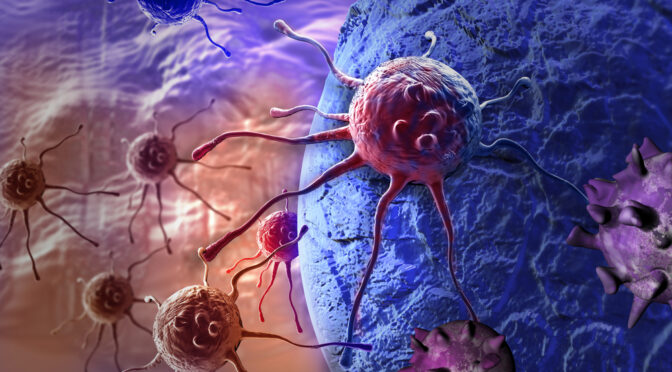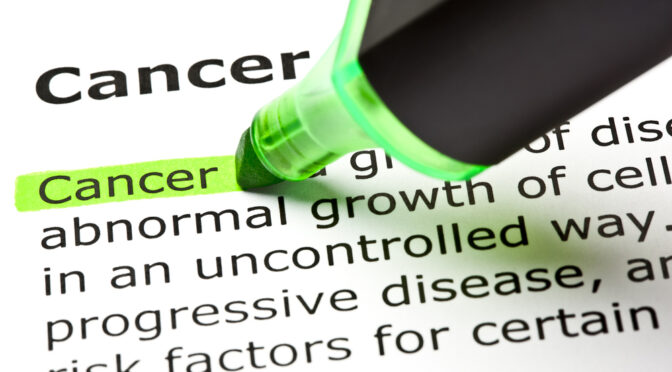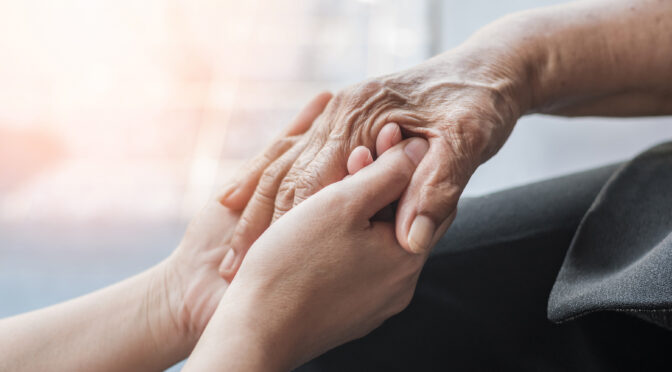Doctors always take care when prescribing combinations of drugs due to possible negative interactions. It’s not surprising that mounting evidence indicates the complex balance of targeted cancer treatment can be upset by use of antibiotics.
Disrupting the Body’s Natural Defenses
According to results of a study conducted at the Georgia Cancer Center, this problem stems from the effect of antibiotics on gut microbiota, the network of bacteria, viruses and fungi that resides in the digestive tract. These “good” germs aid with digestion and protect our system from “bad” germs.
In the process of killing off microorganisms that cause infections, antibiotics also destroy large amounts of gut bacteria. As a result, patients on a course of antibiotics often experience nausea, vomiting, diarrhea and other gastrointestinal symptoms.
The Connection Between Gut Bacteria and Cancer Treatment
Dr. Gang Zhou, corresponding author of the study, explained that certain bacteria in the microbiota are necessary to activate the T-cells involved in cancer treatment known as adoptive T-cell therapy. A newer form of treatment called CAR T-cell therapy appears to be resistant to the antibiotic effect because it works on its own, with little reliance on the immune system.
Co-author Dr. Locke Bryan pointed out that antibiotics are often used in conjunction with chemotherapy. This traditional cancer treatment lowers white blood cell counts to the point where there’s no defense against bacteria, and an infection can be lethal to an already weakened immune system.
Individualized Treatment Plans for Specific Needs
Our personally tailored immunobiologic core treatments are designed to remove or repair factors that inhibit the body’s natural defense mechanisms. Contact us for more information.






